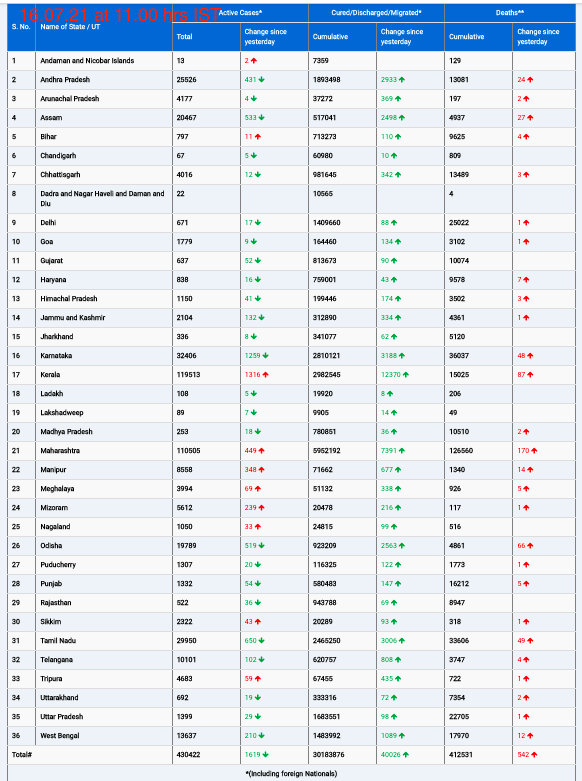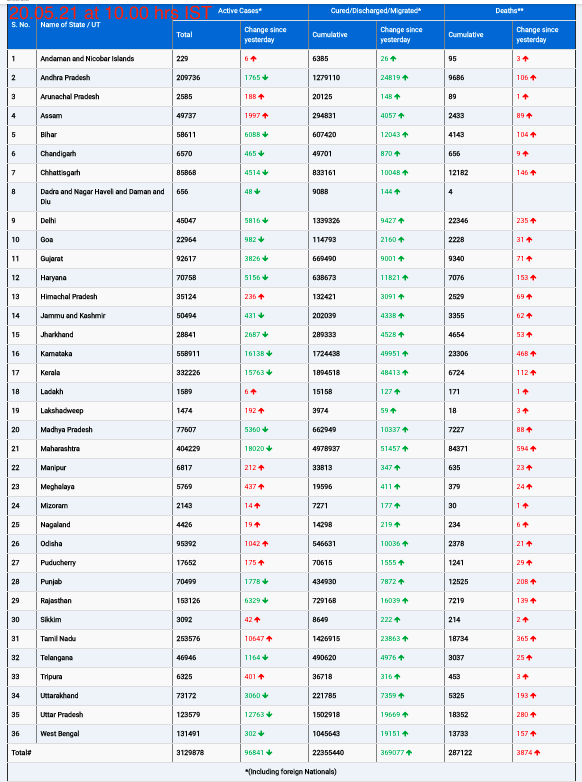The rapid development of COVID-19 vaccines less than a year into the pandemic represented a major triumph for modern science, raising hopes for an era of greater protection against infectious diseases. However, a growing anti-vaccine movement, emboldened by political shifts and the nomination of Robert F. Kennedy Jr. as the country’s top health official, is threatening to reverse these gains and could lead to the resurgence of deadly diseases like measles, whooping cough, and polio.
Experts in public health and infectious diseases are warning that a confluence of factors, including a weakening of vaccination mandates and the growing influence of vaccine skeptics, could set the stage for dangerous outbreaks. “The litany of things that will start to topple is profound,” said James Hodge, a public health law expert at Arizona State University. He predicts a “seminal change in vaccine law and policy,” one that could undo decades of progress in disease prevention.
A Changing Political Landscape
Kennedy, a well-known anti-vaccine advocate, has long promoted debunked theories linking vaccines to autism and chronic diseases. His nomination by President-elect Donald Trump to lead the Department of Health and Human Services (HHS) has raised alarms among public health officials. Both Kennedy and his proposed appointee for the Centers for Disease Control and Prevention (CDC), former congressman Dave Weldon, have made unfounded claims about the dangers of vaccines. If confirmed, their influence could jeopardize vaccination programs across the country.
“He’s going to make America sick again,” warned Lawrence Gostin, a professor of public health law at Georgetown University. Critics fear that the administration will actively discourage vaccination, leading to a drop in immunization rates and a rise in vaccine-preventable diseases.
The Threat of Vaccine-Preventable Diseases
Despite widespread success in reducing the incidence of diseases like measles and whooping cough, these illnesses are making a comeback. The U.S. has seen 16 measles outbreaks this year, with 89% of cases occurring in unvaccinated individuals. Whooping cough has reached epidemic levels, the worst since 2012. “You can’t lower vaccination rates and not expect to see recurrence of these diseases,” said Gregory Poland, a vaccine expert at the Atria Academy of Science & Medicine. The consequences could be severe: one in 3,000 children who contracts measles will die, with no treatment available.
Peter Hotez, a pediatrician and virologist at Baylor College of Medicine, expressed concern about the potential for an even larger public health crisis. “Now, you throw into the mix one of the most outspoken and visible anti-vaccine activists at the head of HHS, and that gives me a lot of concern,” he said.
Legislative Battles and Public Health Policies at Risk
The incoming administration could empower state legislators to introduce laws that weaken or eliminate vaccine requirements for school entry. According to Northe Saunders, a public health advocate, such bills are already being proposed in states like Texas, where the “vaccine choice movement” has gained traction in recent years. Some states may even face pressure from a Republican-controlled Congress to roll back federal vaccine mandates.
Kennedy’s influence could extend to federal agencies as well. He could push to dissolve or stack the CDC’s Advisory Committee on Immunization Practices, which currently helps determine which vaccines the government recommends. If that happens, some vaccines, such as the measles-mumps-rubella (MMR) vaccine, could be at risk.
The Economic and Scientific Impact
The consequences of weakening vaccine programs would extend beyond public health. Experts warn that a decline in vaccine availability could hurt the pharmaceutical industry. Companies may be discouraged from investing in new vaccines, which are costly to develop, especially if there is less certainty about vaccine safety and approval processes. “Vaccine development requires millions of dollars. Unless there is a prospect of profit, commercial companies are not going to do it,” said Stanley Plotkin, a vaccine consultant and inventor of the rubella vaccine.
Meanwhile, anti-vaccine advocacy groups, often fueled by wealthy donors, have successfully mobilized a significant portion of the population against vaccination. “RFK Jr. was a punch line for a lot of people, but he’s serious as hell,” said Karen Ernst, director of Voices for Vaccines. She worries that the power and resources of the anti-vaccine movement will overwhelm efforts to defend vaccination programs.
A Call for Action
With political shifts and increased vaccine skepticism, health experts fear that the U.S. is on the brink of a public health disaster. While vaccine-preventable diseases are beginning to resurface, it may take years of widespread illness and death before the public recognizes the need for vaccination once again.
“It’s going to take more than one child dying for people to say, ‘I guess measles is a bad thing,'” said Ernst. “The story they’ll tell is, ‘There was something wrong with that kid. It can’t happen to my kid.'”
As the debate continues, public health advocates are mobilizing to counter the growing anti-vaccine sentiment, but they face a long and difficult battle. The future of public health in the U.S. may depend on whether Americans can overcome their skepticism and re-embrace the lifesaving power of vaccines.












